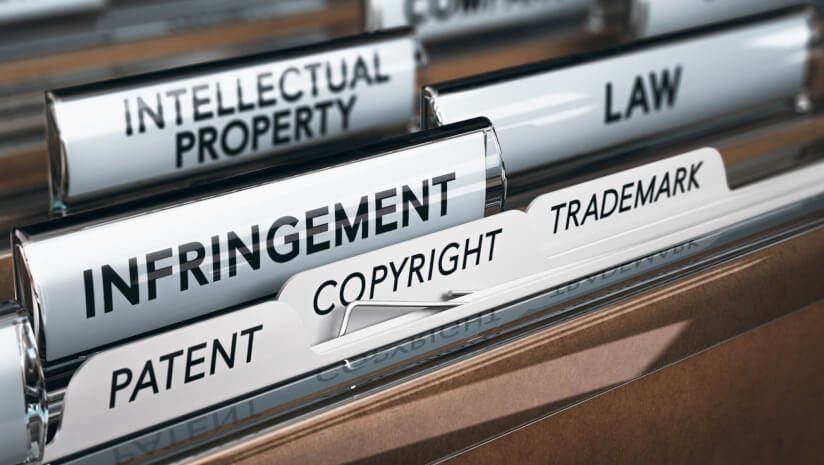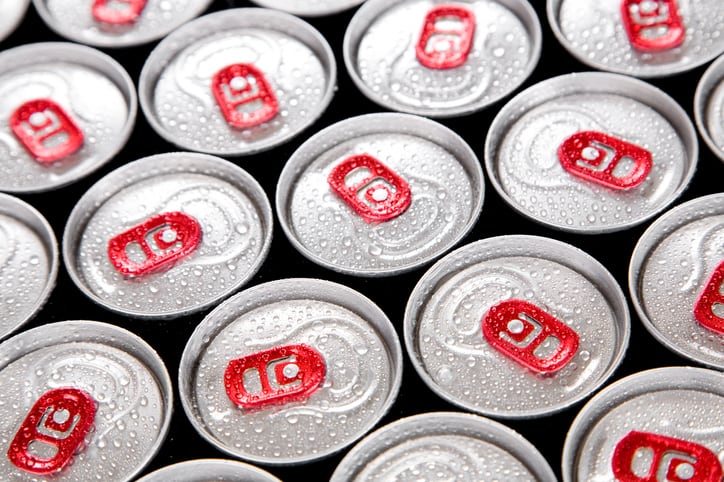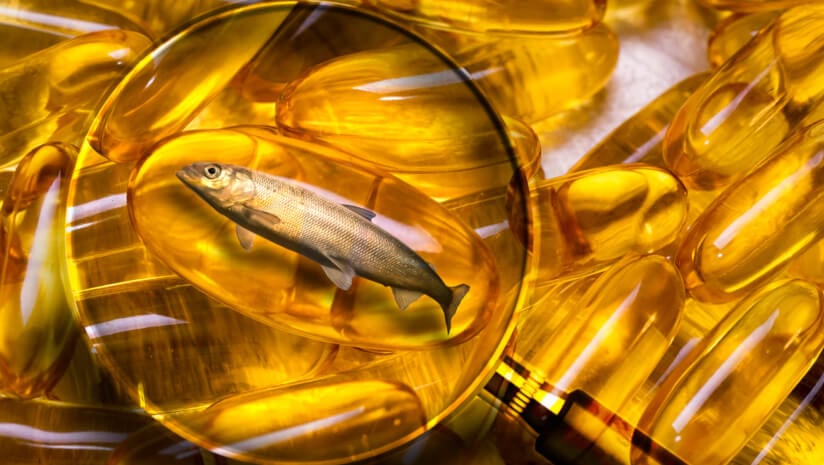The complaint centers on patent No. 10,532,035 (’035 Patent) which protects the specific composition of Lutemax 2020. OmniActive contends that Bio-gen’s product, Lute-gen, unlawfully replicates the patented 5:1 ratio of lutein to zeaxanthin isomers, constituting a violation of its intellectual property rights.
“OmniActive has requested a trial by jury against Bio-gen and seeks damages, costs and legal expenses, along with a finding of willful infringement by Bio-gen, and an injunction prohibiting Bio-gen from further acts of infringement,” according to a statement issued by OmniActive.
Filing the civil suit in the U.S. District Court for the Eastern District of Texas Marshall Division, OmniActive is represented by attorneys from Covington and Burling and Texas-based The Roth Law Firm. Both OmniActive and Bio-gen are headquartered in India.
“Bio-gen categorically denies the allegations made by OmniActive and will vigorously defend itself against this lawsuit,” Saif Mehkri, Bio-gen co-founder and director, told NutraIngredients. “Bio-gen is committed to ethical business practices and respect for valid intellectual property rights. As this is now an active litigation matter, we will not be commenting further at this time.“
Bio-gen is represented by the law firm of Frost Brown Todd.
Research claims
Lutemax 2020 came onto the market in 2009 with claims that it improved eye health and visual performance, supported cognitive performance and enhanced mental and emotional well-being. The ingredient is naturally-derived from marigold flowers and provides all three macular carotenoids—lutein and both zeaxanthin isomers (RR-zeaxanthin and RS [meso]-zeaxanthin).
In 2018, OmniActive supported a study published in Nutrients that showed supplementation with Lutemax 2020 protected photoreceptors against blue light damage by mitigating oxidative and endoplasmic reticulum stress. These are primarily associated with photoreceptor damage and visual impairment.
OmniActive argues that Bio-gen has participated in patent infringing activities within the last six years and that Bio-gen’s own scientific research supports this assertion.
In a 2025 study funded by Bio-gen, researchers explored the effects of six months of Lute-gen supplementation on visual fatigue, CVS, dry eyes, visual performance, sleep quality and attention when participants used electronic screens. Participants received 10 mg of lutein and 2 mg of zeaxanthin isomers, the same ratio OmniActive claims infringes on the ‘035 Patent.
Cease and desist
OmniActive said it had sent several letters to Bio-gen. One in 2023 asked the company to stop making misleading claims regarding Lute-gen as being “the only cost-effective, clinically proven and globally compliant lutein-zeaxanthin in the market,” according to the lawsuit.
Bio-gen agreed to remove the alleged misleading claims, according to the suit, stating that the company was “aware and well-informed about the intellectual property right” of OmniActive.
By April of this year, however, OmniActive had sent a cease-and-desist letter to Bio-gen’s legal counsel and its North American distributor, Nutralliance, citing ongoing infringement of the ‘035 patent.
The lawsuit claims Bio-gen and Nutralliance sent a response to the letter, but it did not contain “any affirmative evidence of non-infringement, nor did Bio-gen or Nutralliance express any willingness to further discuss the issue with OmniActive or cease infringing the ’035 Patent.”
Nutralliance did not return requests for comment by publication time.
OmniActive offered to further substantiate its infringement allegations with its internal analysis of Lute-gen on a non-waiver basis. Bio-gen and Nutralliance did not take OmniActive up on that offer, according to the suit.
Prior art
One argument made by companies deciding to disregard another firm’s patent is that the provisions of the patent do not abide by the legal concept of prior art.
Prior art is any evidence of an invention or information being publicly disclosed or otherwise made available before the effective filing date of a patent application.
Todd Harrison, a partner at Venable law firm, said he is not familiar with the OmniActive lawsuit but commented on the difficulty of some patents to withstand scrutiny.
“What does the prior art teach you about using the [supplement] combination in a specific ratio?” he said. “Were there studies published 20 years ago that used these ingredients? Is it usual to combine these ingredients into a product?”
There are cases in patent law where prior art was not disclosed by patent applicants, information that can come to light during litigation.
Patent infringement cases are not typical in the supplement industry, according to Harrison. At a higher level, they counter the common notion that natural compounds cannot be patented.
Harrison said if the product is novel, “you certainly can…it’s a way to protect financial assets.”



